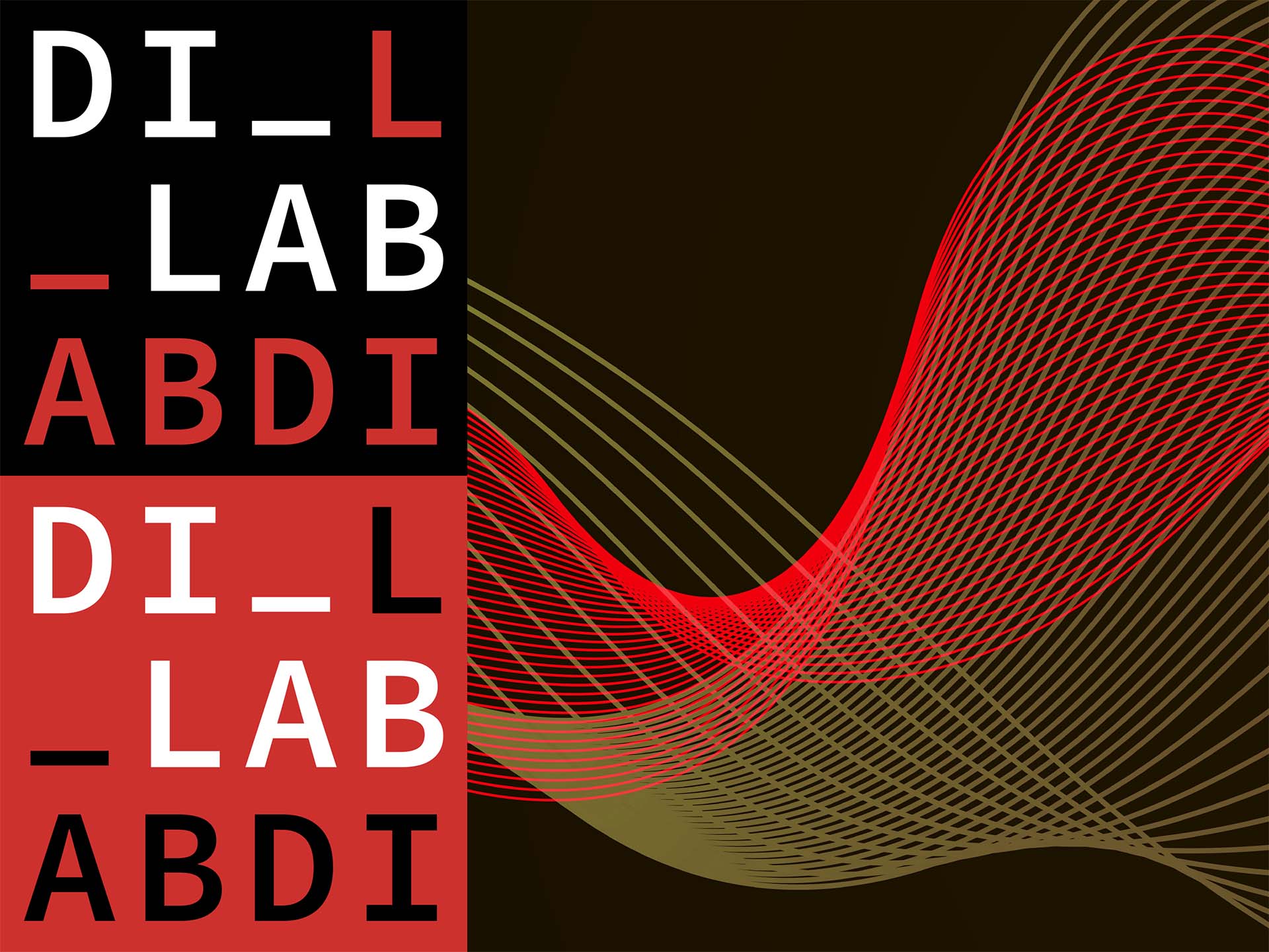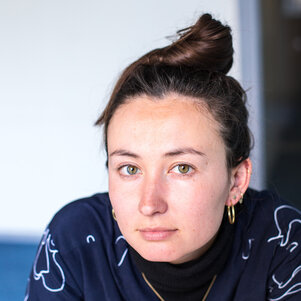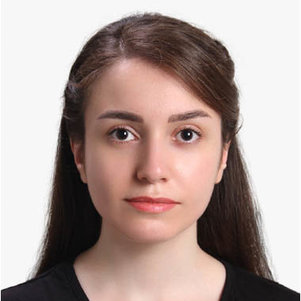DI_Lab
Humans and AI designing the future in dialogue
At the Designing Intelligence Lab, our overarching goal is to identify and design the conditions, methods, and tools for human and artificial intelligence to creatively work together. We split this into the following objectives:
- Multimodal Processes. We are pioneering multimodal, multi-party frameworks for data collection and training of new machine learning algorithms to develop real-time analytic methods for social robotics.
- Hybrid Intelligence. We are creating virtual agents and robots that can meaningfully interact and collaborate with humans over extended periods of time, in a variety of design tasks.
- Creative Modalities. Using big data, we are generating models correlating design expertise with agency, allowing us to experiment with artificial agency during complex system design processes.
- Next-Gen Design Methods. We are exploring the form and use of novel design methods to address systemic design problems to create an AI Toolkit.
The DI_Lab is part of the TU Delft AI Labs programme.
The team
Directors
PhD students
Associated faculty
Education
Courses
2024/2025
-
Capstone Applied AI project | TI3150TU
2023/2024
- Deep Dive into Designing Intelligence | ID5070
- Capstone Applied AI project | TI3150TU
- Interdisciplinary advanced AI project | IFEEMCS520200
- Conversational Agents | CS4270
- Social Signal Processing | CS4165
- Design Theory & Methodology | ID4010
2022/2023
- Exploring Design Intelligence | ID5138
- Deep Dive into Designing Intelligence | ID5070
- Capstone Applied AI project | TI3150TU
- Interdisciplinary advanced AI project | IFEEMCS520200
- Conversational Agents | CS4270
- Social Signal Processing | CS4165
- Design Theory & Methodology | ID4010
2021/2022
- Exploring Design Intelligence | ID5138
- Deep Dive into Designing Intelligence | ID5070
- Capstone Applied AI project | TI3150TU
- Conversational Agents | CS4270
- Social Signal Processing | CS4165
- Design Theory & Methodology | ID4010
2020/2021
- Deep Dive into Designing Intelligence | ID5070
- Conversational Agents | CS4270
- Social Signal Processing | CS4165
- Design Theory & Methodology | ID4010
2019/2020
- Deep Dive into Designing Intelligence | ID5070
- Social Signal Processing | CS4165
- Design Theory & Methodology | ID4010
Master projects
Finished
- The Language of Reflection: A Linguistic Exploration of Reflection Written by Design Students, Senthil Chandrasegaran, Nupura Kulkarni (2022/2023)
- Exploring the potential of AI to support team effectiveness in interdisciplinary product development, Senthil Chandrasegaran, Pajam Kordian (2022/2023)
- Improving Document Exploration for Students as Novice Researchers During their Literature Review, Senthil Chandrasegaran, Jesper van den Berg (2022/2023)
- Computational Design in Industrial Design: An Initial Investigation, Gerd Kortuem, Tommaso Silluzio (2022/2023)
- Memorable moment detection using eye gaze in child-robot interactions, Catharine Oertel, Lucile Nikkels (2022/2023)
- Exploring Children’s Choices in an Educational Game on Neurodiversity: Reveiling Underlying Values through Robot’s Socratic Questioning, Catharine Oertel, Laura Ottevanger (2022/2023)
- Using Social Signal Processing and Conversational Agent To Aid People in their Negotiation Skills, Catharine Oertel, Weilun Chen (2022/2023)
- A minor taxonomy proposal for the ambient intelligent environment (AmIE) design space, Senthil Chandrasegaran, Caseysimone Ballestas (2021/2022)
- Experience Sharing Conversational Agent for Type II Diabetes, Catharine Oertel, Nash Saravanan (2021/2022)
- Development of the Ford Concreate, a data immersion toolkit, Senthil Chandrasegaran, Tiara Spalburg (2020/2021)














